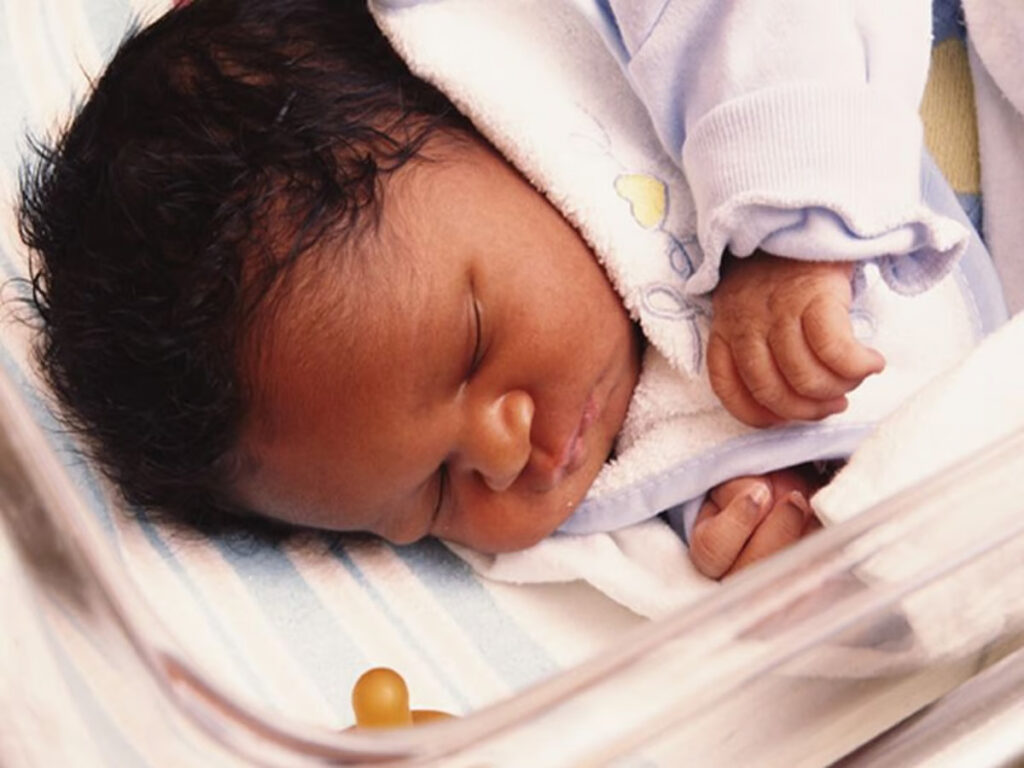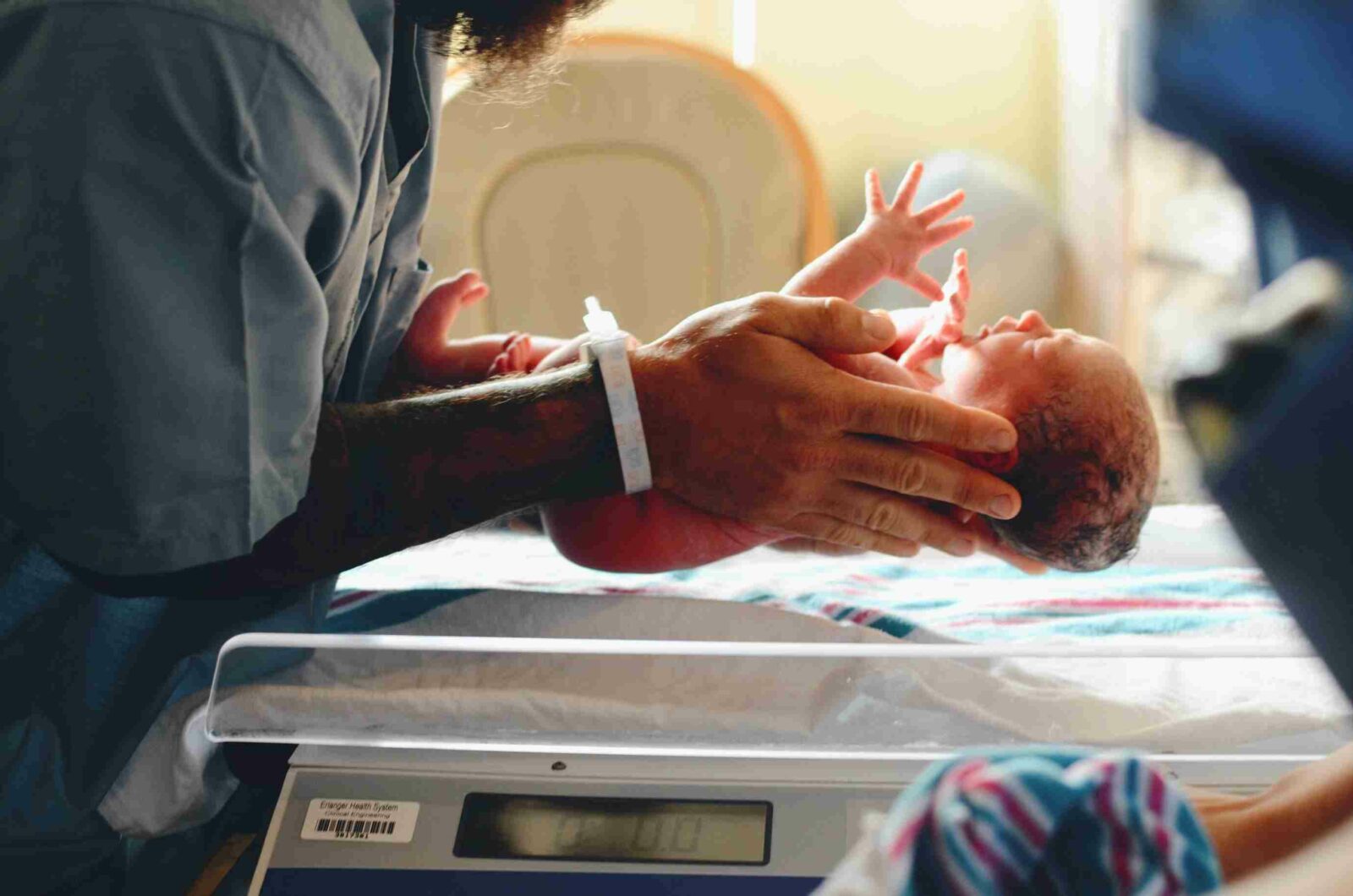United States: The survey conducted at the national level showed that most parents of newborns diagnosed with cystic fibrosis (CF) are indeed confused about the disease and might not know how to go forward with the next steps.
Moreover, it emerged from the poll that only up to 50 percent of new parents are cognizant that babies are routinely screened for a hereditary condition with which they are not even familiar.
This difficulty of identification brings down delays in treatment, which will prove very harsh for the child’s health, scientists said.
Dr. Susanna McColley, the senior researcher and scientific director for interdisciplinary research partnerships with the Stanley Manne Children’s Research Institute at Lurie Children’s Hospital of Chicago, said, “To improve outcomes of conditions like cystic fibrosis that are included in newborn screening tests, stronger partnerships are needed between clinicians and new parents,” as US News reported.

Moreover, “Our results also indicate the need for greater public awareness of newborn screening,” she said.
Further, “Specifically, we need more awareness among providers and the public that infants of all racial and ethnic backgrounds can have cystic fibrosis,” She added.
More about the study
A Cystic Fibrosis Foundation says that around 40,000 people, including children and adults, are living with CF in the United States.
In individuals with CF, due to gene defects, mucus in the different organs is formed to be thick and syrupy.
The underlying problem is that these pollutants can be trapped inside the lungs, thus creating mucus that spreads infections and causes respiratory failure. In the pancreas, the mucus buildup slows or prevents the release of digestive enzymes, which help food absorption and nutrition uptake into the body. Another problem that is caused because of this can lead to liver disease too.

For example, CF can be treated even before symptoms arise; scientists state that it is exactly for this reason that the process of diagnosis takes place in newborn hearing screening tests. Lamentably, though, the diagnosis is frequently delayed or even missed in the case of Black, Hispanic, and Asian babies, which is what the researchers say well.
Research has found the reason for late appointments with a child experiencing cystic fibrosis in the first follow-up. Such appointments might be made four weeks after birth, which is later than the recommended date for better outcomes, the researchers claimed in the background context.
This is the time lag during which nutritional status deteriorates, and lung disease develops more often in children, which, according to research, is associated with poor growth in childhood that predicts the health status throughout their lives.
According to the nationwide survey among about 1600 parents, which found out that around 8 in 9 (79 percent) were familiar with cystic fibrosis, the given result shows.
Nevertheless, the survey disclosed that near-about half (52 percent) of them were unaware of the fact that CF is tested in the newborn baby’s screen test.
On the other hand, the results of the survey showed that about a quarter of parents (75 percent) had a poor understanding of the screening test results, and about one-third (34 percent) of the parents indicated no support from their child’s health care team.
What is the lead researcher saying?
Marie Heffernan, the lead researcher, and a survey science lead with the Stanley Manne Children’s Research Institute at Lurie Children’s Hospital of Chicago, said, “Although all US States screen for at least 33 metabolic and genetic disorders using blood spots collected in the first days of life, we found that parents don’t know enough about newborn screening and need more support from clinicians if their infant has an abnormal test result,” as US News reported.
The poll also revealed that parents are not aware that the screening tests could go wrong, which would require further follow-up.
Around 58 percent were not aware that there is a possibility of receiving false positive results where a child is actually healthy. However, the tests show otherwise. It is revealed that about 54 percent of them were not aware that there is also the possibility of receiving false negative results.
Heffernan said, “Our main message to parents is to know your baby’s newborn screening results and follow-up immediately if the test is abnormal,” and “Not all babies with an abnormal screening test have the disease that is identified, but timely treatment can make a huge difference for the baby’s health, development and survival. This is certainly true if newborn screening identifies cystic fibrosis.”











Leave a Reply